Papal Election: The Role And Process Of The Conclave
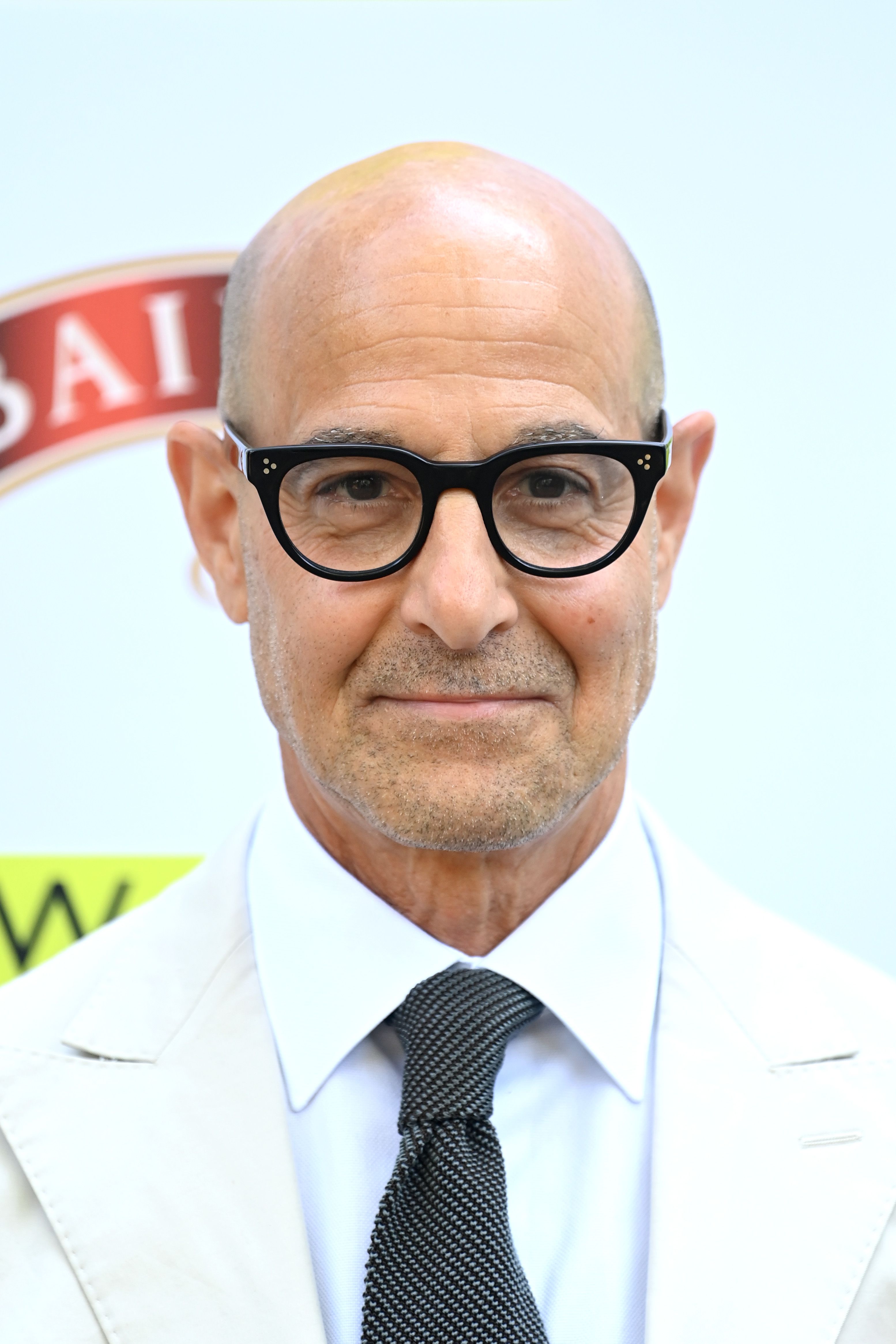
Table of Contents
The Role of the Papal Conclave
The Papal Conclave, far from a mere procedural formality, holds a central role in ensuring the continuity of papal leadership within the Catholic Church. Its historical evolution spans centuries, adapting to changing times while preserving its core function: the selection of a successor to the Holy See. The Conclave is not merely a political exercise; it's deeply rooted in spiritual significance. The cardinals participating believe they are guided by the Holy Spirit in their selection, seeking divine inspiration in choosing a leader capable of guiding the Church.
Secrecy and prayer are paramount during the Conclave. These elements are essential for several reasons:
- Maintaining the integrity of the election process: Secrecy prevents external pressures and ensures the cardinals' freedom of choice.
- Protecting the cardinals from external influence: Isolation from the outside world fosters unbiased deliberation.
- Facilitating prayerful discernment: A quiet, prayerful atmosphere allows for spiritual reflection and guidance.
- Ensuring a smooth transition of papal authority: The Conclave’s structured process guarantees a swift and orderly succession.
The Process of a Papal Election
The Papal Election process begins with the death or resignation of the reigning Pope. This triggers a series of events leading up to the Conclave. First, the cardinals are summoned to Rome. The selection of cardinals eligible to participate in the Conclave is determined by their appointment by previous Popes.
The Conclave itself is a meticulously orchestrated procedure:
- Gathering of Cardinals in the Vatican: Cardinals from across the globe converge on Vatican City.
- Seclusion and prayer within the Sistine Chapel: The cardinals are secluded within the Sistine Chapel, engaging in prayer and deliberation.
- Multiple rounds of voting until a two-thirds majority is reached: Secret ballots are cast until a candidate secures the necessary votes.
- The announcement of the newly elected Pope: The iconic "Habemus Papam!" ("We have a Pope!") announcement signals the conclusion of the Conclave.
- The papal inauguration and subsequent papal activities: The newly elected Pope then undergoes his inauguration and begins his papacy.
The white smoke signal, visible from the Sistine Chapel chimney, signifies the election of a new Pope. The Papal Conclave rules, developed over centuries, govern every aspect of the process, ensuring fairness, transparency (within the confines of secrecy), and a smooth transition of power.
The Significance of the Cardinals
Cardinals, as the electors in the Conclave, hold an indispensable role. Their collective wisdom and discernment are crucial in choosing the next Pope. They consider various qualities and criteria: theological expertise, pastoral experience, leadership skills, and personal holiness. The cardinals face immense pressure and responsibility during the Conclave.
- Their advisory role to the Pope: Cardinals provide guidance and counsel to the Pope.
- Their role in governing the Church: They hold key positions within the Church's administration.
- Their responsibility in electing a worthy successor: The weight of choosing a leader for over a billion Catholics rests on their shoulders.
Recent Papal Elections and Their Impact
Recent Papal Elections, such as the election of Pope Francis in 2013, have significantly impacted the Catholic Church. These elections have reflected evolving global concerns and internal Church challenges. Pope Francis' election, for instance, marked a shift towards a more pastoral and socially engaged papacy. His focus on issues of social justice, environmental protection, and interfaith dialogue has reshaped the Church's global image and influence.
- Mention specific recent Papal Elections (e.g., Election of Pope Francis): Analyzing these elections reveals the evolving priorities and challenges within the Church.
- Discuss significant changes implemented by recently elected Popes: These changes demonstrate the impact of Papal Elections on Church doctrine and policy.
- Analyze the global impact of these decisions: The decisions of the Pope impact not only the Catholic community but also global affairs.
Conclusion
The Papal Election and the Conclave are pivotal processes in the Catholic Church, shaping its direction and influencing global affairs. Understanding the intricacies of this selection process, from the role of the cardinals to the procedures within the Conclave, is crucial for anyone seeking to comprehend the Catholic Church's dynamics. Learn more about Papal Elections and delve deeper into the intricacies of the Conclave to gain a deeper understanding of this crucial process and its historical and contemporary significance. Understanding the Papal Election process allows for a more informed perspective on the leadership of the Catholic Church and its enduring impact on the world.

Featured Posts
-
 Ayesha Curry Explains Her Marriage First Family Philosophy
May 07, 2025
Ayesha Curry Explains Her Marriage First Family Philosophy
May 07, 2025 -
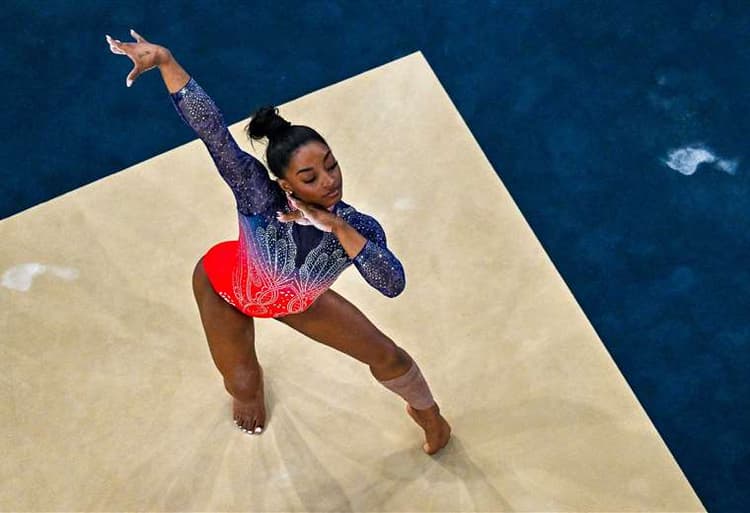 El Futuro Olimpico De Simone Biles Los Angeles 2028 En La Balanza
May 07, 2025
El Futuro Olimpico De Simone Biles Los Angeles 2028 En La Balanza
May 07, 2025 -
 Competira Simone Biles En Los Angeles 2028 Sus Dudas Y El Futuro
May 07, 2025
Competira Simone Biles En Los Angeles 2028 Sus Dudas Y El Futuro
May 07, 2025 -
 Return Of The Arcade Nhl 25s Revamped Gameplay Mode
May 07, 2025
Return Of The Arcade Nhl 25s Revamped Gameplay Mode
May 07, 2025 -
 Heavenly Bridal Lingerie Rihannas New Savage X Fenty Collection
May 07, 2025
Heavenly Bridal Lingerie Rihannas New Savage X Fenty Collection
May 07, 2025
Latest Posts
-
 Tuerkiye Deki Sms Dolandiriciligi Sorunu Ve Artan Sikayetler
May 08, 2025
Tuerkiye Deki Sms Dolandiriciligi Sorunu Ve Artan Sikayetler
May 08, 2025 -
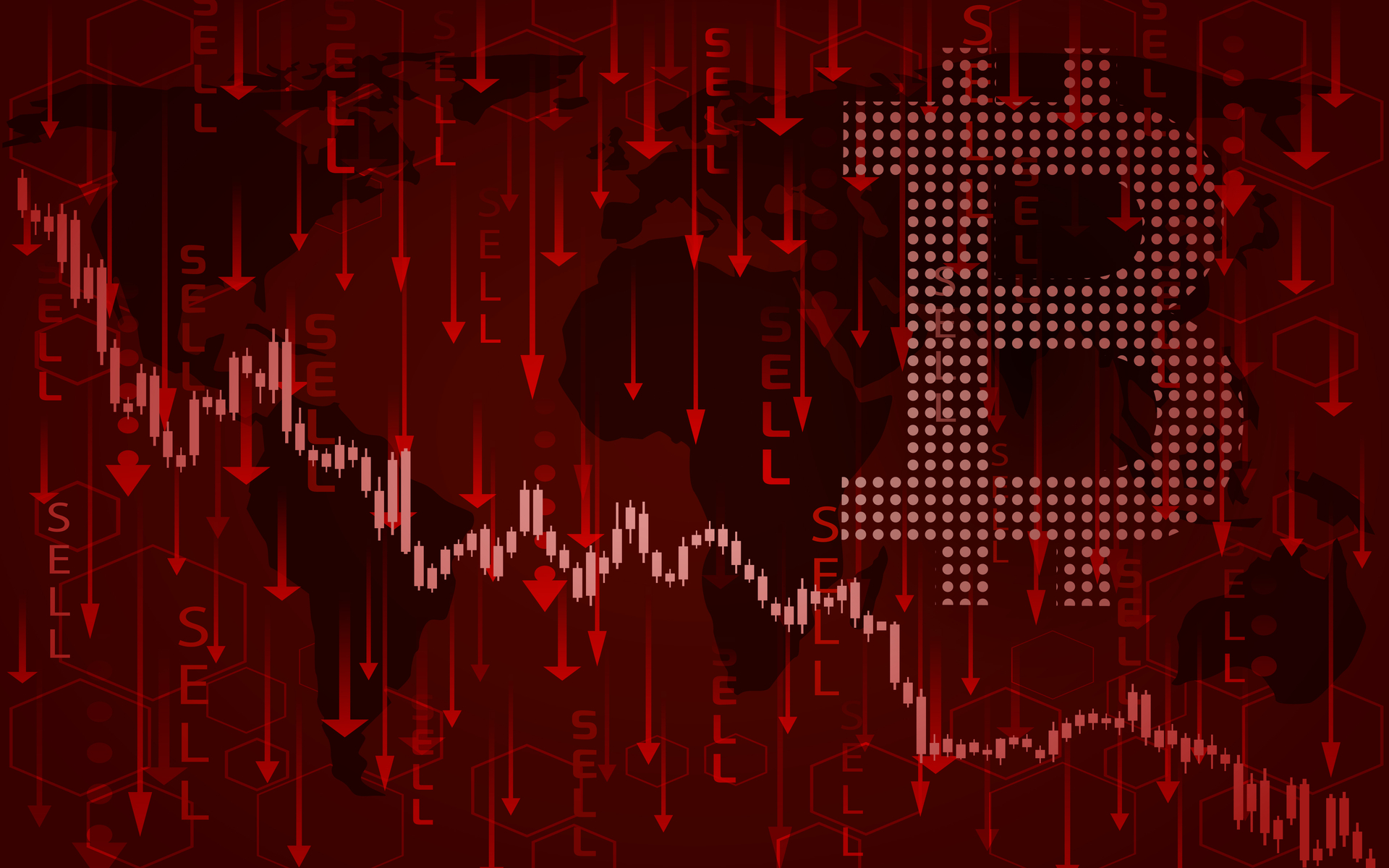 Bitcoin In Son Durumu Ne Guencel Degeri Ve Analizi
May 08, 2025
Bitcoin In Son Durumu Ne Guencel Degeri Ve Analizi
May 08, 2025 -
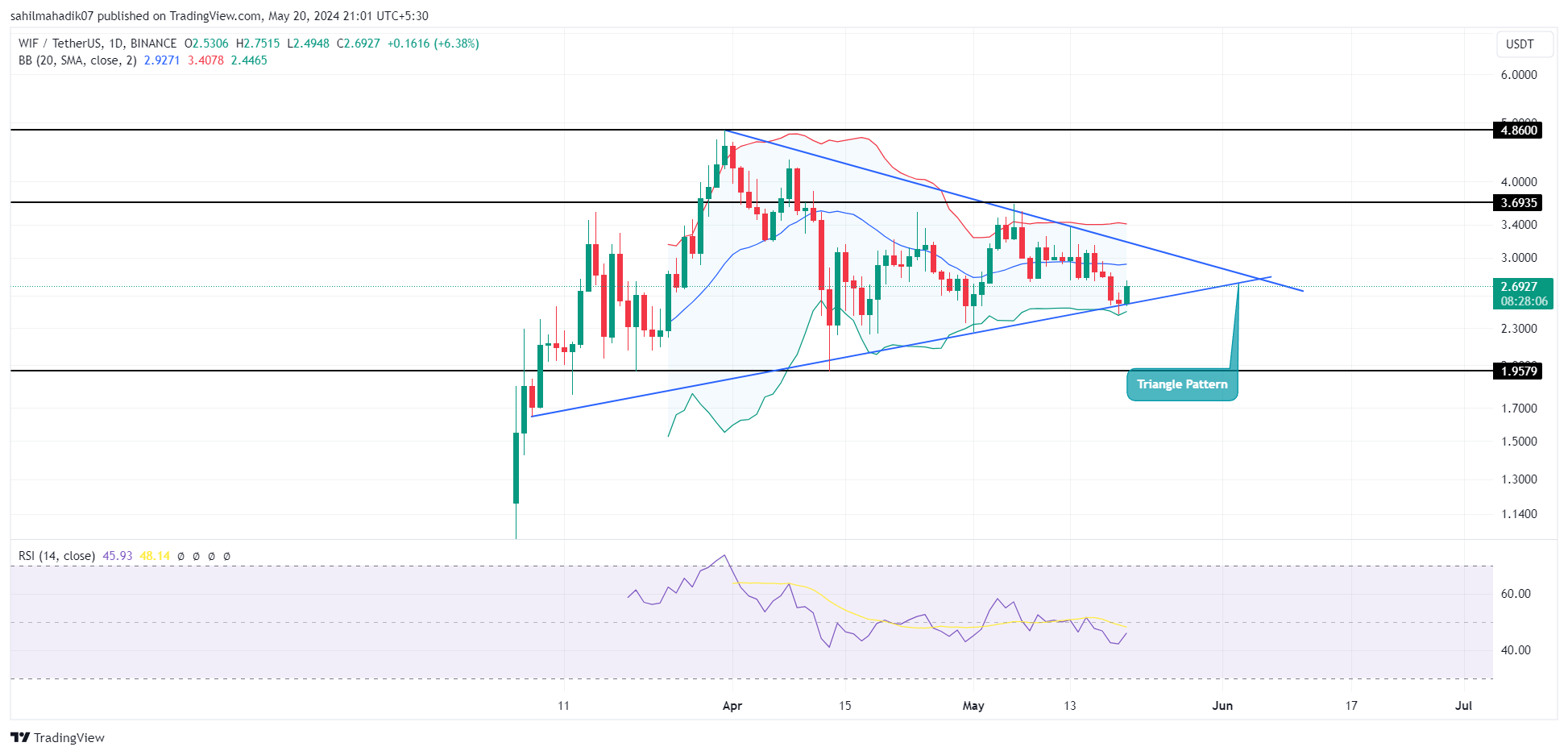 Ethereum Price Prediction Significant Eth Accumulation Fuels Bullish Sentiment
May 08, 2025
Ethereum Price Prediction Significant Eth Accumulation Fuels Bullish Sentiment
May 08, 2025 -
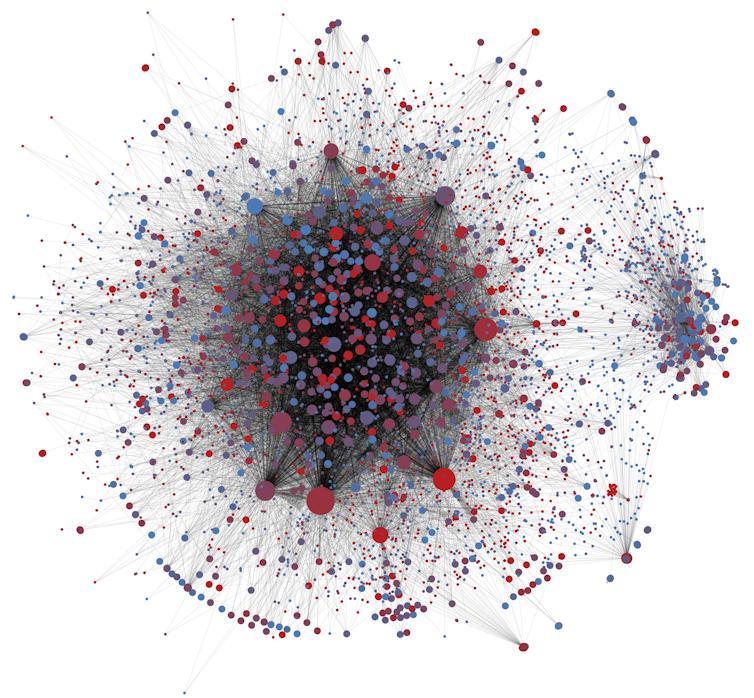 The Rise Of Misinformation And The Need For Reliable Crypto News
May 08, 2025
The Rise Of Misinformation And The Need For Reliable Crypto News
May 08, 2025 -
 Ethereum Network Heats Up Significant Address Activity Increase
May 08, 2025
Ethereum Network Heats Up Significant Address Activity Increase
May 08, 2025
